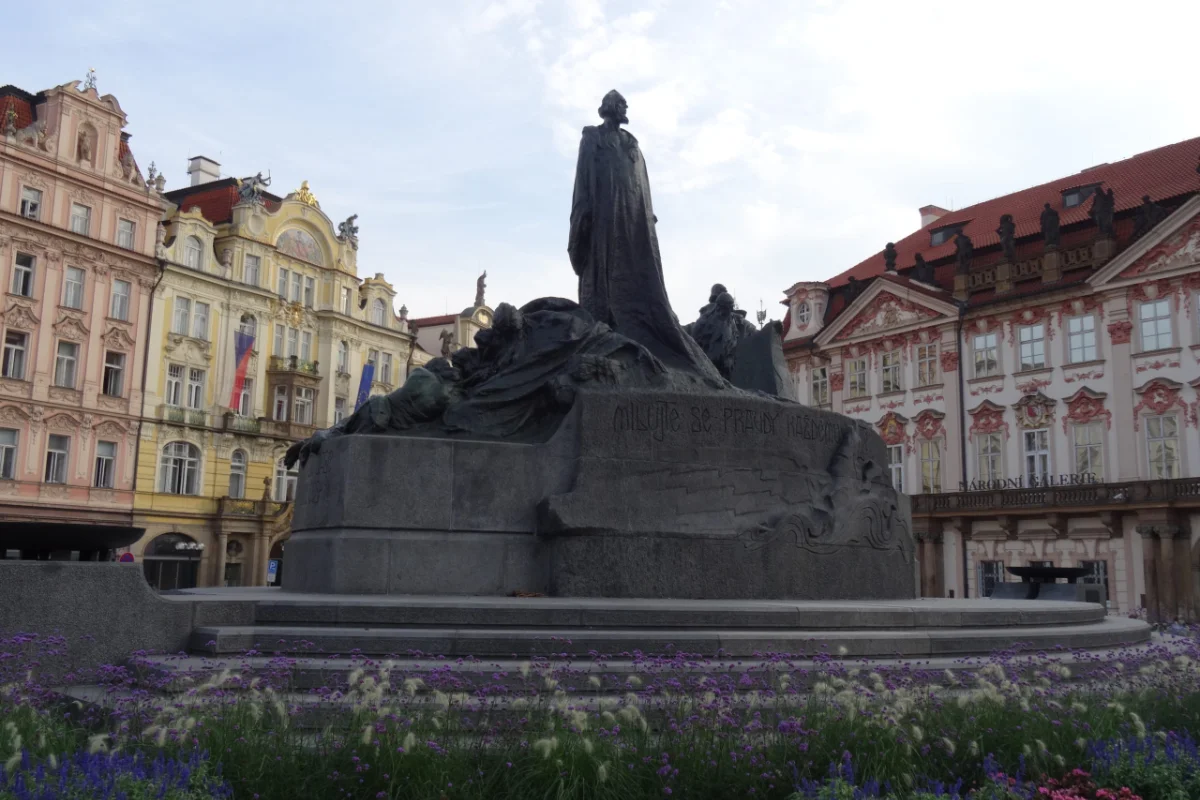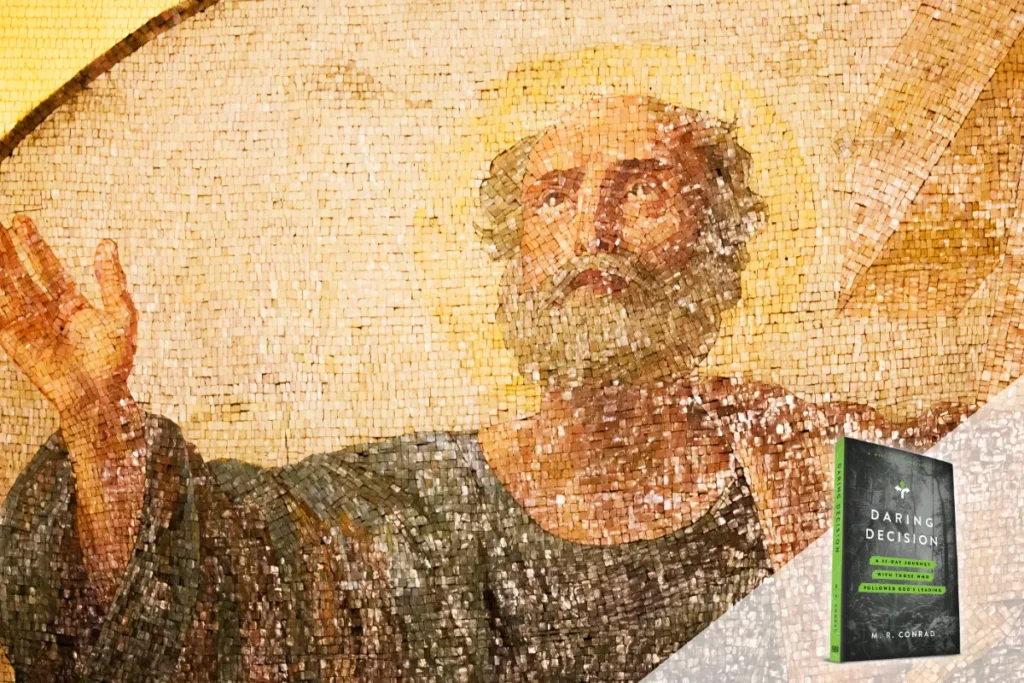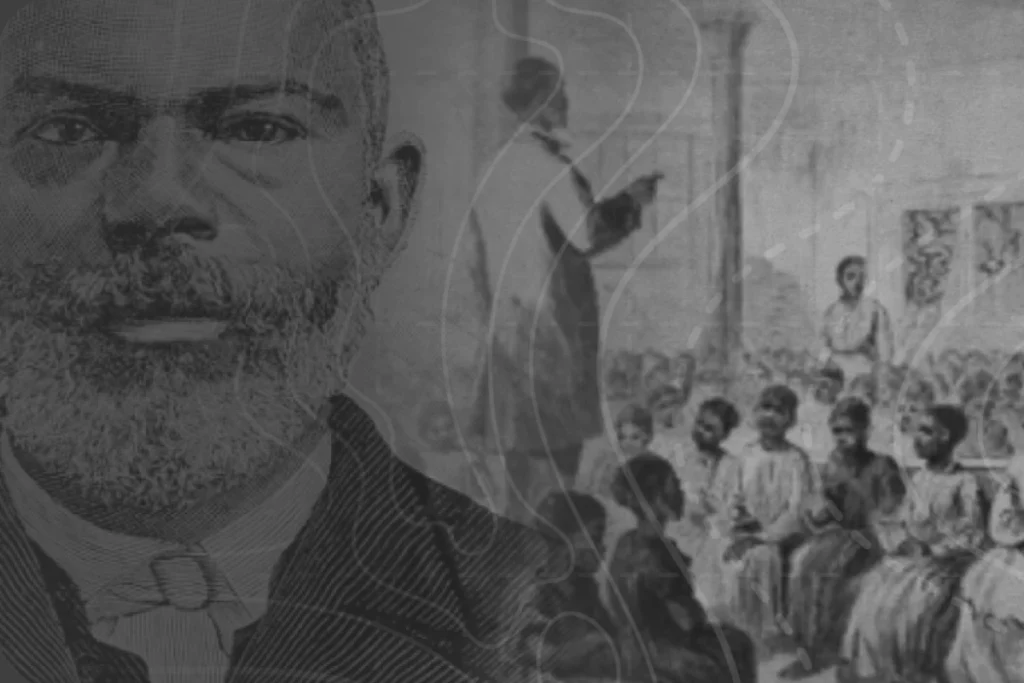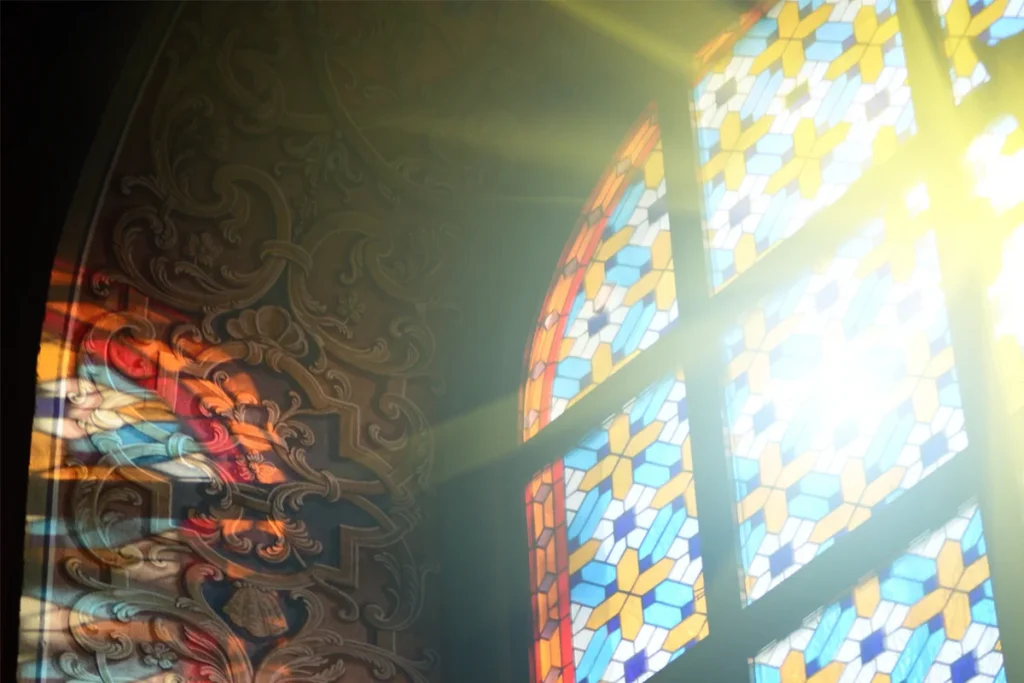
Blog
Gospel-Centered Audacity

John Huss is one of my heroes. He was a faithful preacher who lived in Bohemia—what we know as the Czech Republic. His hometown of Prague is a magnificent place. I treasure the time I spent wandering through the old town, finding the church where he preached, and gazing on his large statue in the center of the town square. Sadly, few visitors know his true legacy.
Huss preached salvation by faith in Christ alone almost one hundred years before the start of the Reformation. He was influenced by John Wycliffe, and he in turn influenced Martin Luther. Though God blessed his preaching, the Roman Catholic Church abhorred it. Huss was summoned to the Council of Constance in the year 1414. He was assured of his safety, but the promise proved to be a farce. He was ultimately accused by the council of heresy. He—like many other Reformers—was told he could preserve his life only by recanting of what he had believed and taught. That he would not do. Rather than yielding to those who wanted to silence biblical preaching—indeed, rather than yielding to his own fear of death—he stood his ground. As a result, he was defrocked (relieved of his standing as a priest). He was crowned with the hat of a heretic, a sort of “dunce cap” decorated with devils and flames. The presiding bishop pronounced his condemnation: “Now we give over your soul to the devil.” Huss replied, “And I commit my soul to Jesus.” He was taken to the stake to be burned. Asked a final time to recant, Huss was unmoved: “I shall die with joy today in the faith of the gospel which I have preached.” As the flames engulfed him, he sang out, “Jesus, thou son of David, have mercy on me.”
Rather than yielding to his enemies or even his own fear of death, he stood his ground.
Other Reformers were similarly courageous. What they perceived, and championed, and suffered for is nothing short of remarkable. When the whole world is saying that the sky is red, it takes incredible fortitude to say it’s blue. They made a Copernicus-like shift in theology and led others to the same courageous faith—all despite unimaginable pressure. Regent Morton’s eulogy of Scottish Reformer John Knox could apply to the Reformers as a whole: “Here lies one who neither flattered nor feared any flesh” (Peter Hume Brown, John Knox and His Times, p. 23).
Most of us won’t face a church council, public humiliation, or death. But we do face opposition. We do face criticism. We are tempted to “flatter” and “fear flesh,” submitting our consciences not to the Word of God, but to the will of men. We would do well to remember Proverbs 29:25a: “The fear of man is a snare.” Memorize that. Let it shape you. In times of pressure, repeat it to yourself. “The fear of man is a snare.”
There is a virtue in boldly and defiantly standing against the whole world, if necessary, for the sake of what is right.
A call to courage in the face of opposition isn’t a call to boorishness. Being self-willed isn’t a virtue. Proverbs repeatedly commends the one who is humble and teachable. But there is a humble courage that refuses to yield—for the sake of reputation or even safety—to the fickle suggestions of men. There is virtue in boldly and defiantly standing against the whole world, if necessary, for the sake of what is right.
Proverbs 29:25b concludes its call to courage with a promise of comfort: “whoever trusts in the Lord is safe.” The antidote to the fear of man is the fear of the Lord. Fearing man brings a trap; trusting God brings a haven. Stand—and sing—like Luther:
And though this world, with devils filled, should threaten to undo us,
We will not fear, for God hath willed His truth to triumph through us.
The Prince of Darkness grim, we tremble not for him;
His rage we can endure, for lo, his doom is sure,
One little word shall fell him.
Let the gospel deliver you from the fear of man.
(Taken from Gospel Meditations on the Reformation, a 30-day devotional by Chris Anderson, Joe Tyrpak, Carl Trueman, and Andy Naselli, intended to celebrate the 500th anniversary of the Protestant Reformation by reminding Christians of our rich legacy.)
(Photo by Chris Anderson)












